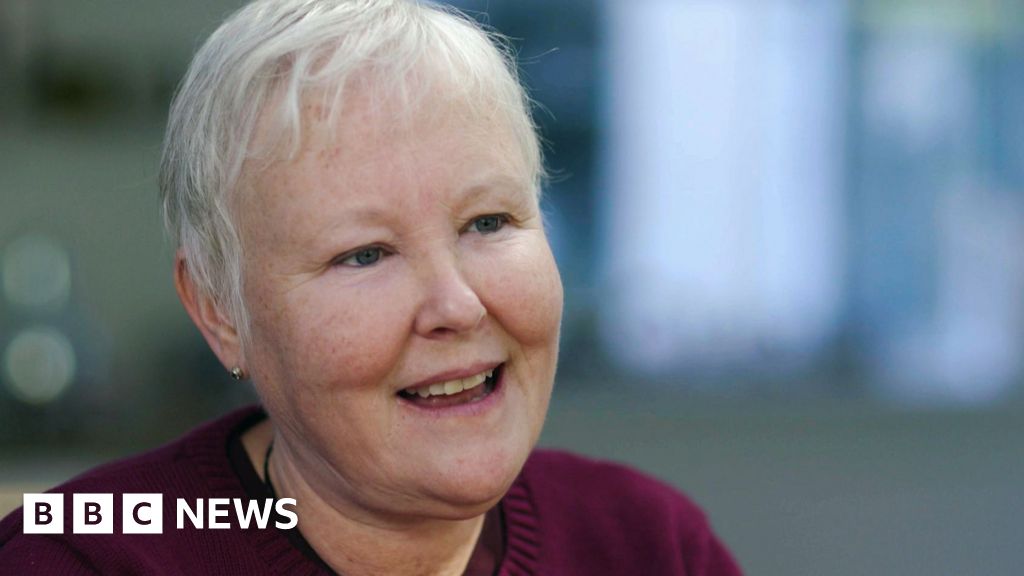Unless they mean that it's used for laundering the proceeds of crime?
I don't see how that would work. The point about money-laundering is that it involves activities that, in themselves, are legitimate and above-board; hence revenue/profits generated (or apparently generated) by those activities looks clean. It would be a really bad idea to try to launder money through a fraudulent enterprise.
At a guess, what the guards mean is that the people running this scam don't, in fact, invest your money in whiskey; pretty much as soon as investors pay it to them it gets employed as working capital in other criminal enterprises — e.g. to fund the purchases of drugs that you need to make if you want to run a drug-smuggling or drug-pushing operation.
I don't know how you would check if the promoters were genuine or not.
Building on my reputation as a crusty old cynic, I'd be inherently suspicious. If somebody comes to me looking for the kind of money you would need to buy one cask, or a small number of casks, of whiskey, I'd be thinking "why are they raising their working capital this way? This has got to be massively inefficient. The overheads of raising money by approaching individual investors for small amounts must really stack up. Irish Distillers doesn't raise money this way; why would the Entirely Legitimate Microdistillery Ltd choose to? They wouldn't be doing this if they could get working capital by more conventional means from professional investors. So, this is probably something professional investors won't touch. Why not?"
Despite my cynical suspicion, it's not necessarily the case that the whole thing is dishonest. There's perhaps a non-monetary benefit to investing in whisky, like buying shares in racehorses or investing in artworks. These investment
can give a good financial return, but they also give the warm glow that comes from seeing yourself, in a small way, as a racehorse owner or a patron of the arts or a sound judge of whiskey, and you'll get that benefit even if the financial return, viewed dispassionately, is less than stellar. By breaking the investment down into relatively small chunks and selling them through personal approach and personal contacts the promoters can access investors who might be motivated, even swayed, by considerations like these, which would leave the Warren Buffetts of this world unmoved.
But that still suggests that, although there's no fraud or dishonesty, viewed purely as a financial investment, the expected return on this is sub-par, and therefore you should only do it if you attach some value to the feeling that, somewhere in a cool dark store, there's a cask of whiskey with your name on it.
None of this helps with the problem of identifying promoters who genuinely are offering a cask of whiskey, as opposed to the investors who will spend your money equipping themselves for armed robbery, or the like. If I were in this market I'd be looking for recommendations from people who had previously invested with them, and who had got the promised return at the promised time — preferably people I already knew.


